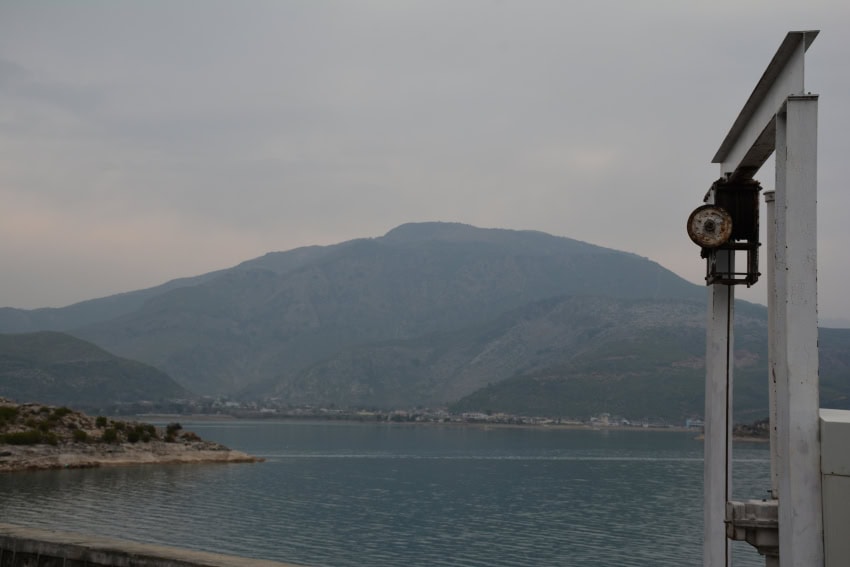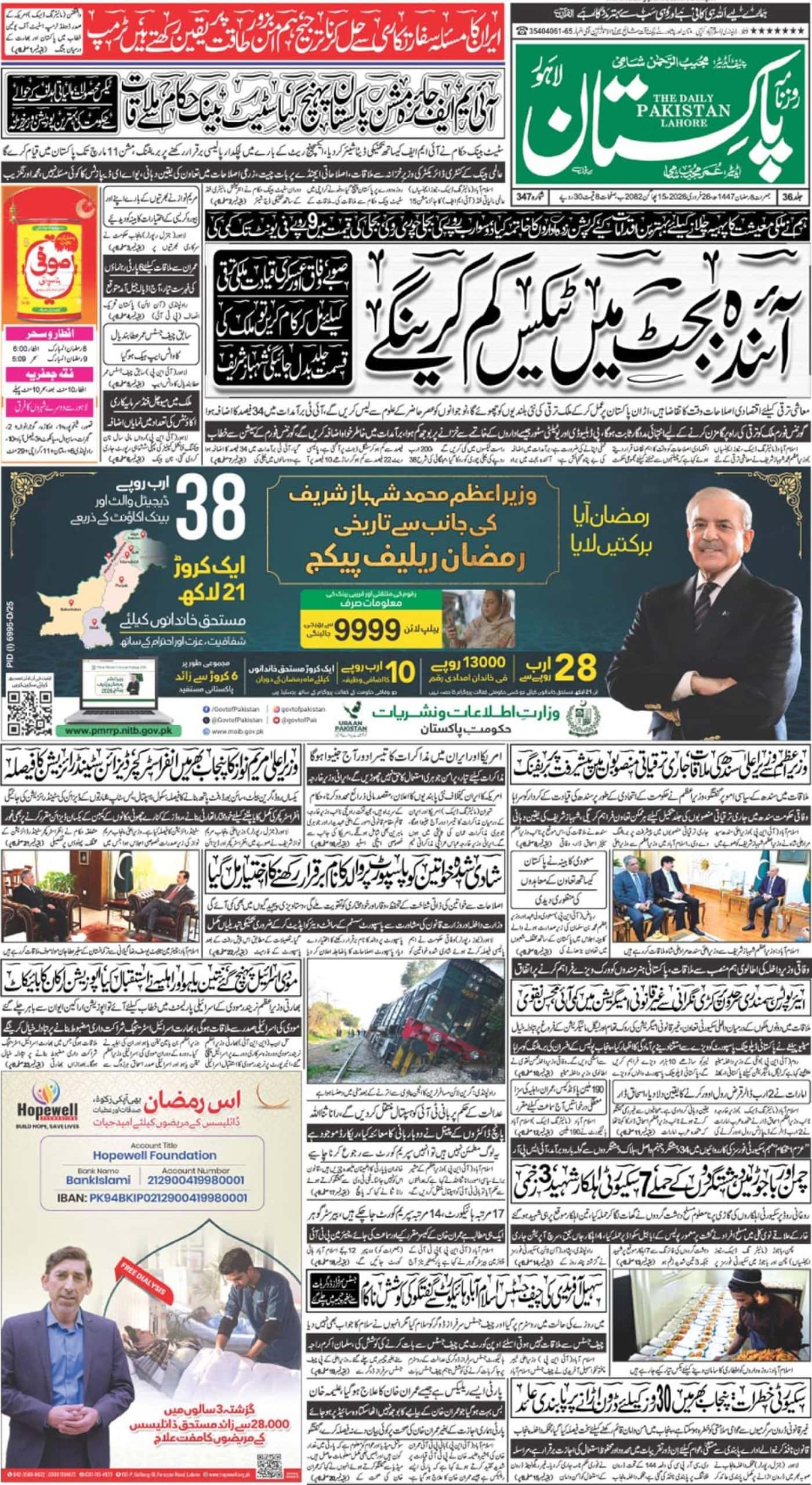A global celebration of water happens every year on 22nd March on the eve of World Water Day as suggested by UNCED in 1992. The objective to celebrate World Water Day is to highlight the significance of this fresh resource in different dimensions of our daily life. Every year, a specific theme of World Water Day is decided. For the year 2021, the World Water Day theme is Valuing Water. The value of water cannot be defined by its price due to its complex, tremendous and multidimensional value whether it is economically, socially, culturally, or for the integrity of our natural environment. We cannot ignore any of these values which are well recognized in Sustainable Development Goal 6: water and sanitation for all by 2030.
The government of Pakistan (GoP) is considering water as a strategic resource as water security is linked to food security and thus to the security of Pakistan. For valuing water, the GoP has developed a National Water Policy (NWP) in 2018 with seven key principles and strategic priorities including Conservation and Efficiency, Storage, Leveraging Technology, Renewable Energy, Integrated Water Resources Management (IWRM), Comprehensive Regulatory Framework, and Planning Principles. This policy provides an overall framework and guidelines for a comprehensive plan of action leading to the development of sustainable solutions for valuing the water. The GoP has already made good solid progress in achieving few key principles set in the NWP. For example, the GoP is going to build two new water dams (Mohmand and Basha) that are very well aligned with the NWP priority. To comply with the NWP, all four provinces are working on developing the provincial water acts. For example, Punjab and KP provinces already approved the Punjab Water Act, 2019 and KP Water Act, 2020, respectively.
NWP, 2018 has established nine relative priorities of water uses for multi-sectors (drinking and sanitation, irrigation, livestock, fisheries and wildlife, hydropower, industry, and environment, etc.,) Water Resources Commissions, as proposed in Punjab and KP Water Acts, will be allocating water to different users based on the above-mentioned priorities. This is already a key step to value the water for different sectors.
However, one of the biggest water sectors challenges to value water based on NWP priorities will be a lack of evidence-based accurate information at the Indus Basin scale. For example, more than 90% of water use has been reported for the agriculture sector in Pakistan but these numbers are not reliable and accurate due to the lack of any scientific study at the Pakistan level. Similarly, there is no reliable information on the amount of water used for livestock and domestic, industry, commercial, and environmental sectors across Pakistan.
Another key water management challenge is poor governance of groundwater resources in the Indus basin. The groundwater has played a major role in augmenting 60% of irrigation supplies through privately installed more than 1.5 million tube-wells for crop production in the basin. Several research studies have been carried out in bits and pieces to collect groundwater information at spatial scales. Groundwater levels and water quality vary during the irrigation and monsoon season across the basin. As a result, there is little credible scientific information available on groundwater monitoring (quantity and quality), database development (tube well mapping), regulation, and management at the Indus Basin scale. The NWP also highlighted that there is a need to develop a national planning database of water, weather, and climate at the Indus Basin Level.
The Government of Pakistan aspires to become one of the 10 largest economies in the world by 2047. Given the importance of water to Pakistan’s economy, valuing water for different users will be essential to realizing this goal. Therefore, there is a dire need to carry out water accounting and water resources assessment for assessing water availability and consumption for agriculture, industry, domestic, and environmental sectors within the basin and outside of the Indus basin. The developed baseline of water accounting and water resources assessment will provide comprehensive, consistent, reliable, and accurate information which can be used by the Water Resources Commissions on water distribution, storage, availability, and use across multiple scales that will be fundamental for developing future investments plans in the water sector for Indus basin. This will also lead to achieving the true value of water thus can expedite peace and prosperity in Pakistan.
The author is a Country Representative for International Water Management Institute (IWMI) in Pakistan. The views and opinions expressed here are those of the author and not those of IWMI. He can be reached at m.hafeez@cgiar.org














